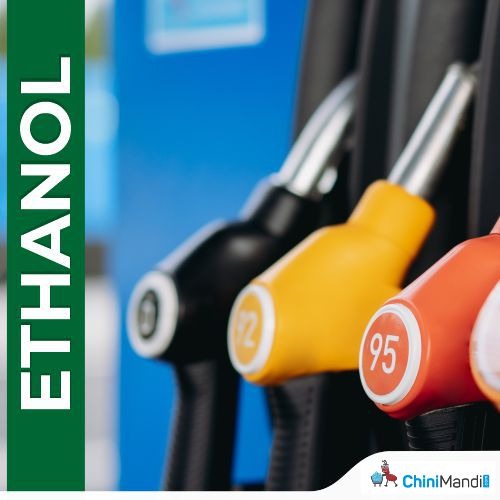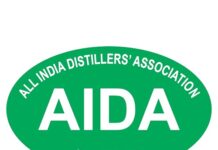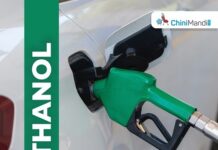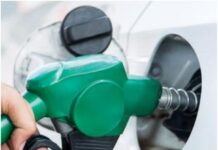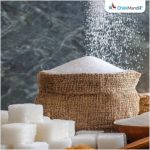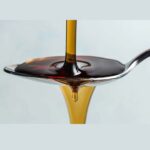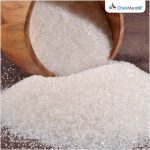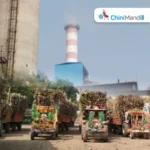Skoda Auto India has confirmed that all its petrol vehicles sold in the country from April 1, 2020, onward are fully compatible with E20 fuel, a blend of 20% ethanol and 80% petrol, being introduced as part of India’s clean fuel initiative. The company clarified via its official website that even if certain models indicate E5 or E10 on the fuel flap, all BSVI-compliant Škoda petrol cars sold after the specified date have been evaluated and are fit for E20 usage. Using E20 in these vehicles will not affect the standard warranty, though standard warranty terms and conditions will still apply.
In response to whether a Škoda car with a fuel flap sticker showing E5 or E10 is still compatible with E20 fuel, the company clarified on a website that even if the fuel flap sticker states E5 or E10, components for all Škoda gasoline cars sold after 01 April 2020 is compatible with E20 Fuel.
For vehicles manufactured and sold prior to April 1, 2020, Škoda stated that these were not specifically tested for E20 compatibility. However, based on assessments from government agencies, the company believes that using E20 fuel is unlikely to significantly impact these older models.
Regarding a potential retrofit or repair kit to enable E20 compatibility in older models, Škoda confirmed that there are no plans for such a programme at this time.
India’s transition to E20 is part of a broader strategy to enhance energy security and sustainability, aiming to reduce vehicular emissions and dependency on fossil fuels.
Recently, in a detailed release, the Ministry of Petroleum and Natural Gas (MoPNG) stated that ethanol blending is a national programme. Some seek to derail it by fomenting fear and confusion in the minds of car owners by selectively picking information and creating a false narrative that insurance companies will not cover car damage due to use of E20 fuels. This fear mongering is totally baseless and has been clarified by an insurance company whose tweet screenshot was deliberately misinterpreted to create fear and confusion. Usage of E20 fuel has no impact of the validity of insurance of vehicles in India.
Government has been promoting the blending of ethanol in petrol under the Ethanol Blended Petrol (EBP) Programme with multiple objectives. As a green fuel, ethanol supports environmental sustainability efforts of the Government. It reduces dependence on crude oil imports while saving foreign exchange and promotes the domestic agriculture sector. EBP Programme has resulted in expeditious payment to farmers of more than Rs.1,25,000 crore from Ethanol Supply Year (ESY) 2014-15 up to July 2025, besides savings of more than Rs.1,44,000 crore of foreign exchange, net CO2 reduction of about 736 lakh metric tonnes and substitution of more than 244 lakh metric tonnes of crude oil. Under the EBP Programme, Public Sector Oil Marketing Companies (OMCs) achieved the target of 10% Ethanol blending in petrol in June 2022 i.e. five months ahead of the target during ESY 2021-22, 12.06% in ESY 2022-23 and 14.60% in ESY 2023-24. Further, for the ongoing ESY 2024-25, the blending percentage has gone up to 19.05% as on 31.07.2025. During the month of July, 2025, Ethanol blending of 19.93% has been achieved.
In July 2025 alone, Oil Marketing Companies (OMCs) received 85.3 crore liters of ethanol under the EBP Programme. This brought the cumulative ethanol offtake by OMCs to 722.7 crore liters over the November–July period.
Official data indicates that a total of 87.9 crore liters of ethanol was blended into petrol in July 2025, pushing the cumulative ethanol blending volume to 749 crore liters from November 2024 to July 2025.

